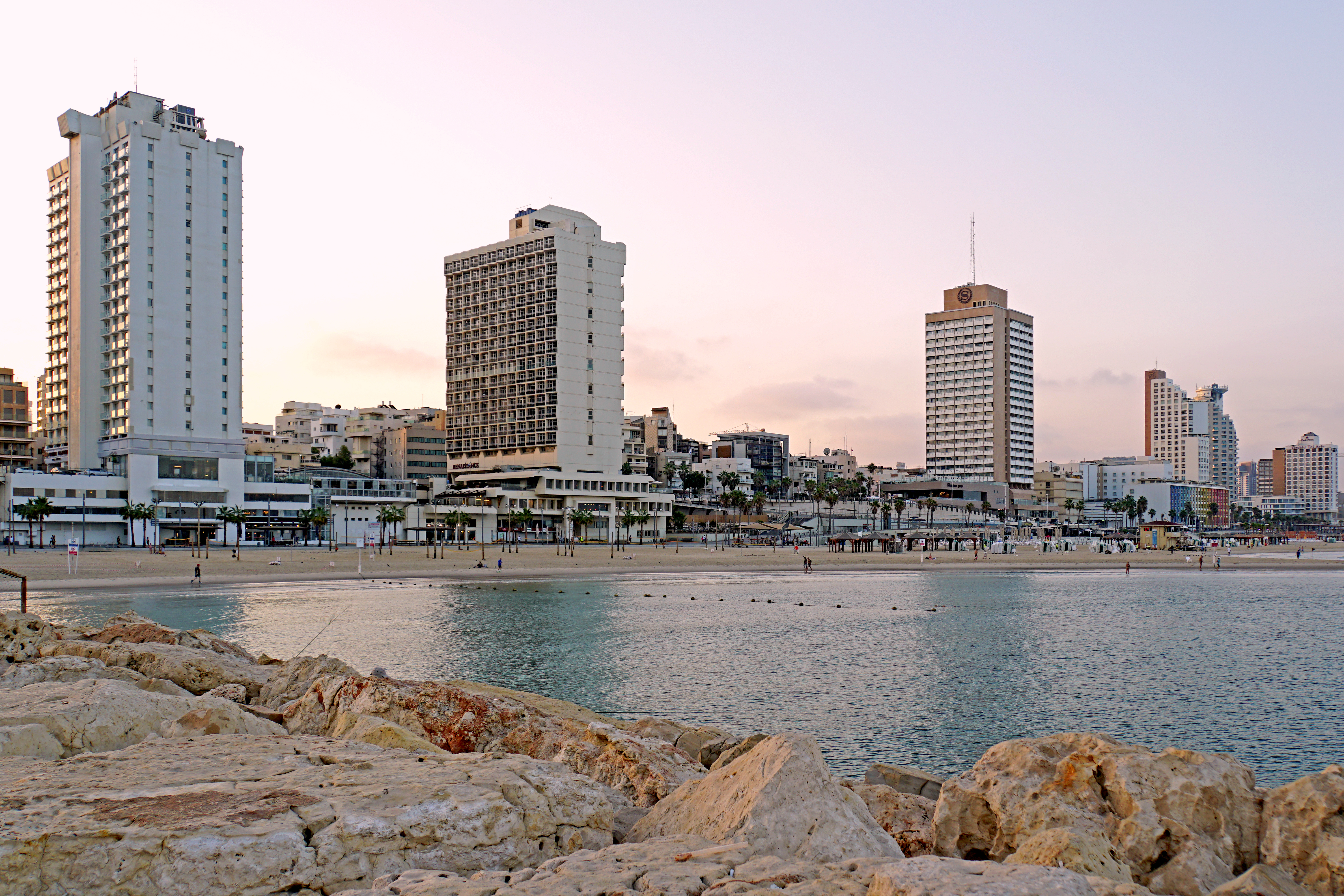
The outline for the rehabilitation of hotels that hosted evacuees was approved this week (Sunday). According to the outline, 175 million ILS will be allocated to renovate damage to hotels, hostels, B&Bs, apartments and more. According to the Ministry of Tourism, in addition to this amount – 10 million ILS will be directed to encouraging domestic tourism.
The amount will cover actual investments intended to restore damage – caused directly as a result of hosting evacuees – such as removing broken tiles, painting walls, replacing carpets, repairing or replacing furniture and more. The Ministry of Tourism will notify everyone who is eligible of the amount of the allocation they are entitled to. After receipts are submitted, payment will be made according to actual expenses, and will cover up to 90% of the amount.
At the beginning of the war, the government approved a series of decisions regarding the evacuation and resettlement of the population in the southern and northern regions, and they were extended from time to time. During the war, about 130,000 residents were evacuated from their homes, and more than 90,000 were accommodated in various accommodation facilities. In total, about 670 accommodation facilities were mobilized to accommodate evacuees, most of them hotels.
Regarding the necessary renovations, it was written that in order to restore the tourism industry to its former glory, the facilities must be restored to the standard accepted in the tourism world — a process that involves high costs: “In order to bring tourists back to Israel, a high-level hotel infrastructure is required. The visibility and quality of the accommodation facilities are key factors that affect the tourist experience, the ranking of accommodation facilities in international booking systems, and the opinions on social networks. It should not be forgotten that Israel competes for international tourism with many destinations, and a delay in the restoration of the accommodation infrastructure could lead to a significant loss of market share in the future, and a loss of income for the economy”.

